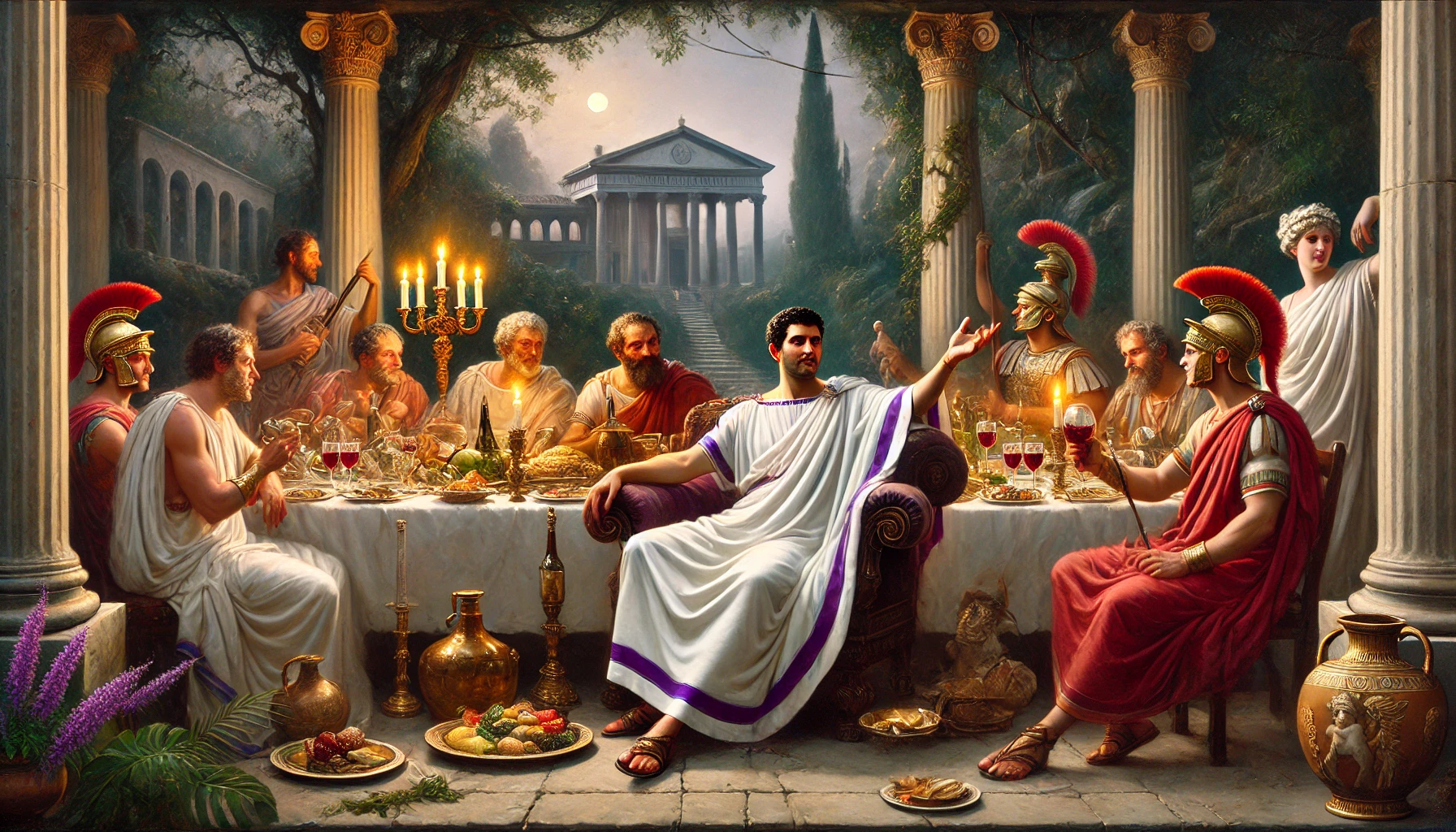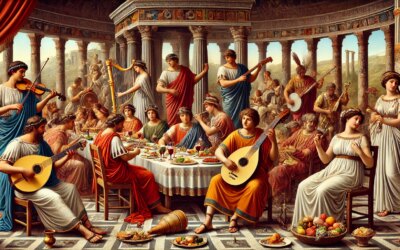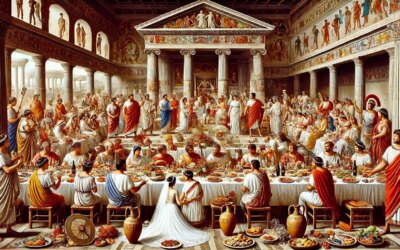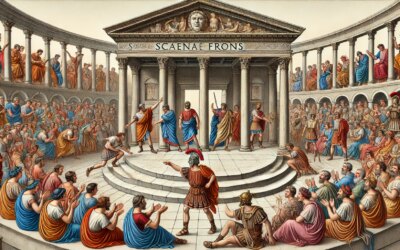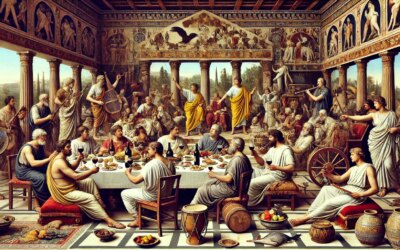Introduction: From Commander to Connoisseur
In the twilight of the Roman Republic, where politics were volatile and military glory fleeting, one man chose a different legacy. Lucius Licinius Lucullus, famed general and conqueror of the East, became even more renowned for his life after war. By 60 BC, he had retired to his seaside villas near Naples, dedicating himself not to conquest, but to cultivation—of art, cuisine, literature, and luxury. His banquets became legendary, his name synonymous with indulgence, and his lifestyle a blueprint for Rome’s elite aspirations.
The Military Career of Lucullus
Lucullus’s early life was one of discipline and ambition. Born into a patrician family, he rose through the ranks as a loyal ally of Sulla. During the Mithridatic Wars, Lucullus led Roman forces against Mithridates VI of Pontus, winning major battles and securing vast spoils. Yet political enemies, notably the populares and allies of Pompey, undermined his position. Disillusioned, Lucullus withdrew from public life—but not from influence.
The Villas of Campania
Lucullus constructed several opulent villas along the Bay of Naples, particularly in Misenum and near Neapolis (modern Naples). These estates featured elaborate gardens, libraries, bath complexes, and artificial grottos. His attention to landscaping and architecture mirrored his taste for refinement. He imported exotic plants and seafood, commissioned Greek artworks, and hosted poets and philosophers. His homes became epicenters of Hellenistic culture on Italian soil.
The Banquets of Lucullus
It was through his feasts that Lucullus etched his name into the Roman imagination. His dinners were more than meals—they were orchestrated spectacles. From Syrian dates to Black Sea sturgeon, the delicacies he served stunned guests. Cicero, Pompey, and even Caesar reportedly attended. When a steward once prepared a modest meal, Lucullus rebuked him: “Do you not know today Lucullus dines with Lucullus?”
Cultural Patronage and Greek Influence
Educated in Greek philosophy, Lucullus considered luxury an expression of intellect, not merely excess. He funded translations of philosophical works, debated ethics at dinner, and amassed a library open to scholars. His patronage of Athens and Rhodes helped preserve classical learning during an era of political decay in Greece and militarization in Rome.
Criticism and Legacy
Not all admired Lucullus. Moralists like Plutarch viewed his lifestyle as decadent and out of step with old Roman virtues of frugality. Yet others saw him as a visionary who brought the sophistication of the East to the West. His name became an adjective—“Lucullan”—used to describe anything extravagantly luxurious. His villas influenced imperial architecture for generations.
The End of an Era
Lucullus died around 56 BC, largely forgotten in the political storms of the late Republic. But his model of cultured aristocratic retreat lived on. Emperors like Augustus and Hadrian echoed his blend of personal grandeur and Greek learning. In his feasts, one saw not merely gluttony, but a deliberate staging of civilization at its peak.
Conclusion: A Feast of Legacy
In 60 BC, Lucullus traded the battlefield for the banquet hall, proving that influence need not be wielded through power alone. He curated a life of taste and thought, turning leisure into a form of statesmanship. His legacy invites reflection on what it means to live well—and how, even in decline, Rome found new forms of glory.

